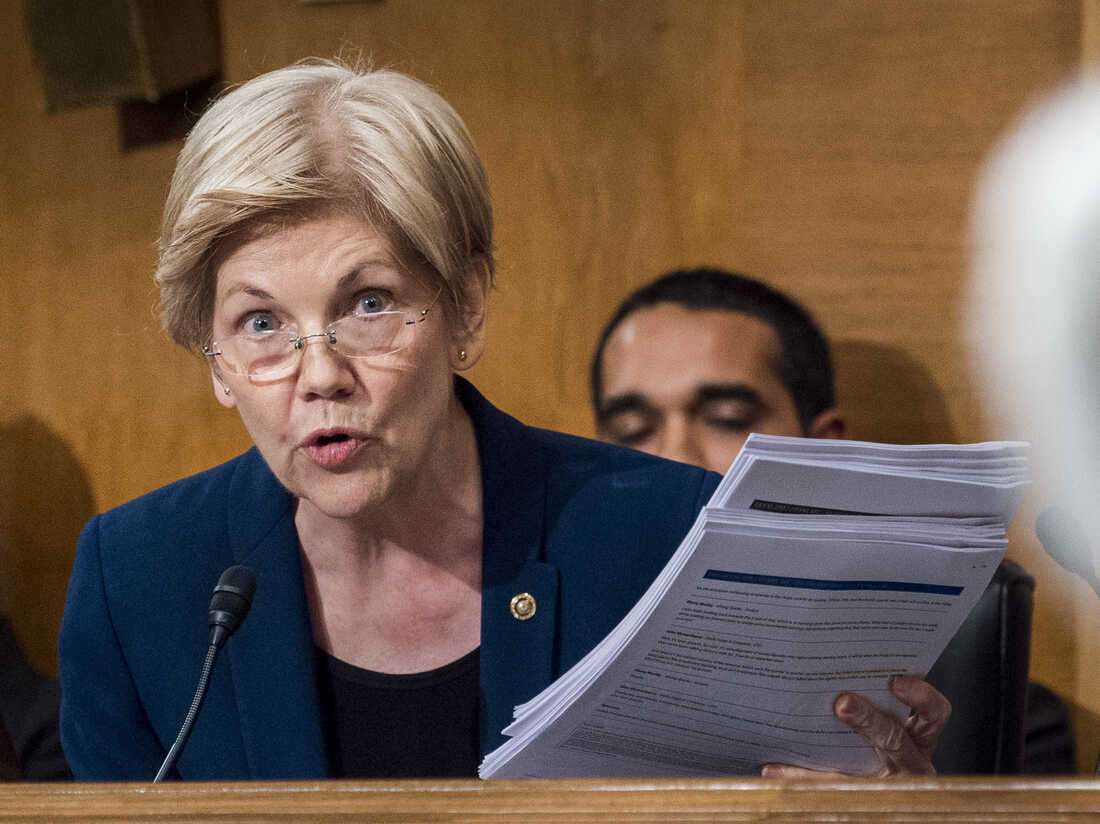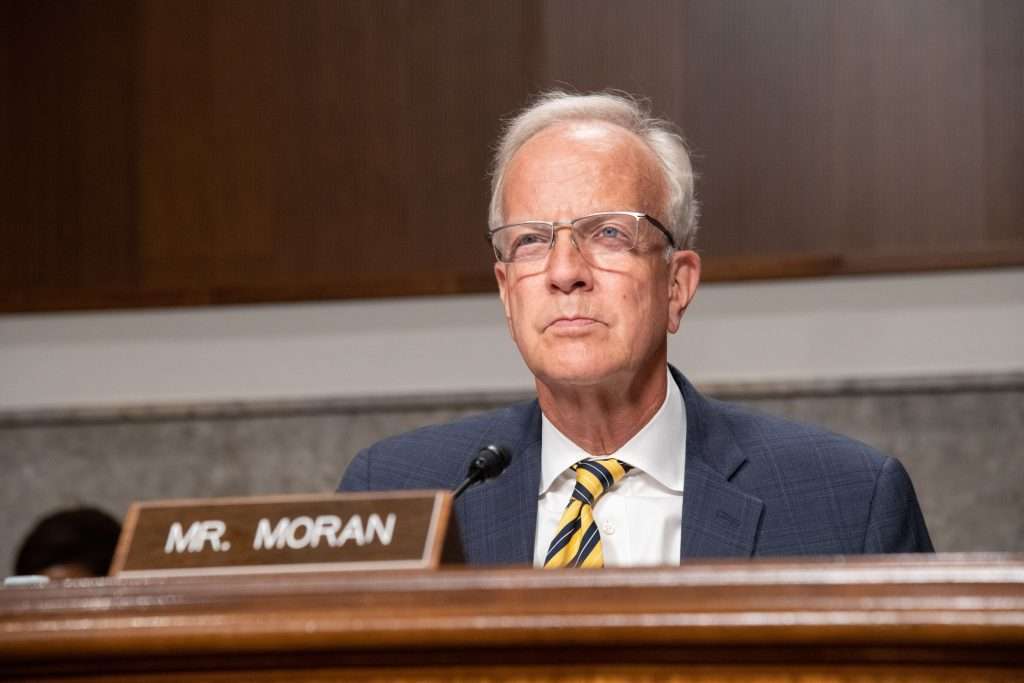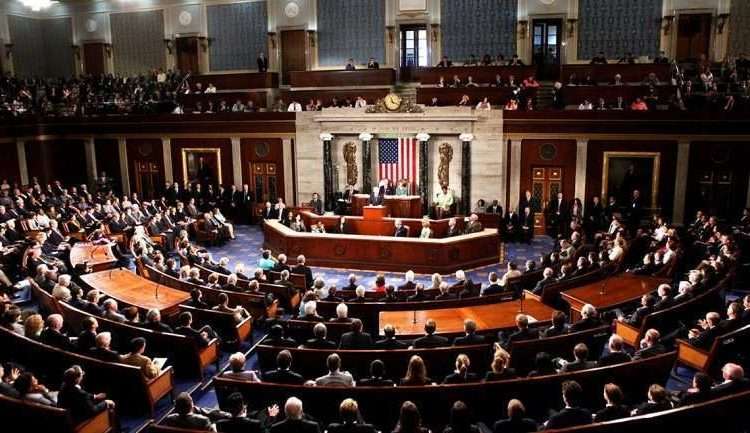A group of Democratic and Republican senators presented this Monday a bill that would end the trade embargo/blockade on Cuba and maintain other laws that impose restrictions based on human rights.
The bill, introduced by Sens. Amy Klobuchar (D-Minn.), Jerry Moran (R-Kan.), Chris Murphy (D-Conn.), Roger Marshall (R-Kan.), and Elizabeth Warren (D-Mass.), showcases political divisions over a policy that’s been in place more than six decades.
“I have long pushed to reform our relationship with Cuba, which for decades has been defined by conflicts of the past instead of looking toward the future,” Klobuchar said.

“By ending the trade embargo with Cuba once and for all, our bipartisan legislation will turn the page on the failed policy of isolation while creating a new export market and generating economic opportunities for American businesses,” she added.
“I have long pushed to reform our relationship with Cuba, which for decades has been defined by conflicts of the past instead of looking toward the future,” Klobuchar said.
“The unilateral trade embargo on Cuba blocks our own farmers, ranchers and manufacturers from selling into a market only 90 miles from our shoreline, while foreign competitors benefit at our expense,” Moran said.
In 2020, Cuba’s top imports were poultry meat, wheat, corn, concentrated milk, rice and dried legumes, according to the Observatory of Economic Complexity. And its top import partners were Spain, China, Italy, Brazil, Canada and the United States.

While the United States is one of the top exporters of food to Cuba, restrictions on trade make it harder for U.S. farmers to export their food to the island, according to a 2021 report from the Congressional Research Service (CRS).
“I’m proud to sign onto the Freedom to Export to Cuba Act. It’s important for the United States to boost our economic opportunities and increase market access for American-made goods,” said Marshall.
“This legislation will expand market opportunities for U.S. producers by allowing them to compete on a level playing field with other countries. It is time to amend our own laws to give U.S. producers fair access to market to consumers in Cuba,” Moran said.

Even though the economic argument may sway some Republicans, any relaxation of sanctions against the Cuban government is seen as a losing battle.
“We can expand opportunities for American businesses and farmers to trade with Cuba while still holding the Cuban government accountable for its human rights record. This bipartisan legislation is a smart fix that will create American jobs and benefit the Cuban people,” Murphy said.
But if the bill is picked up by the Senate Foreign Relations Committee (SFRC), it will face two powerful Cuba hawks on either side of the aisle in Sen. Marco Rubio (R-Fla.) and panel Chairman Bob Menéndez (D-N.J.).

It is unlikely to come to a vote unless the leadership is convinced there is enough support to get 60 votes.
“It is long past time for us to normalize relations with Cuba,” Warren said. “This legislation takes important steps to remove barriers for U.S. trade and relations between our two countries and moves us in the right direction by increasing economic opportunities for Americans and the Cuban people.”










